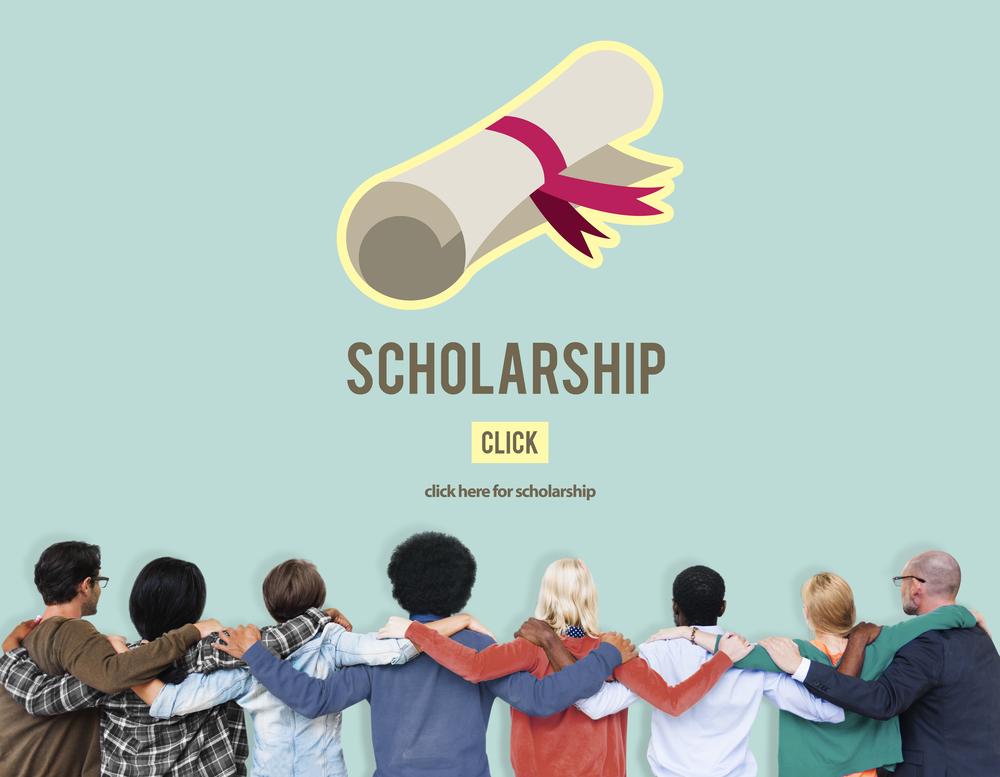Comprehensive Funding Resources for Indigenous Women Pursuing Higher Education
This comprehensive article explores various funding opportunities and scholarships available for Indigenous women pursuing higher education. It highlights organizations like the American Indian College Fund, the Gates Millennium Scholarship, and tribal grants that support Native American women's academic ambitions, emphasizing the importance of financial aid in overcoming economic barriers. The article aims to inform and encourage Indigenous women to utilize available resources to achieve their educational and career goals, fostering community empowerment and cultural preservation.

Comprehensive Funding Resources for Indigenous Women Pursuing Higher Education
In today's competitive job market, acquiring higher education has become more than a personal achievement; it is a crucial step towards securing stable employment and advancing one's career. For Indigenous women, especially Native American women, the path to higher education presents unique challenges, including financial barriers, cultural considerations, and systemic inequalities. Overcoming these obstacles requires not just determination but also access to substantial financial aid designed to support their academic ambitions.
Higher education institutions are increasingly recognizing the importance of supporting Indigenous women through various financial aid programs. With tuition fees continuing to rise globally, the burden of educational expenses can become overwhelming for many students. For Native American women, this issue is often compounded by additional responsibilities and limited resources. As a result, many are compelled to juggle multiple jobs or seek external funding sources to finance their studies, which can impact their academic performance and personal well-being.
Fortunately, a multitude of scholarships, grants, and specialized funding programs are available to empower Native American women and help them achieve their educational dreams. These financial aid options are vital in reducing economic barriers, enabling more Indigenous women to access quality higher education and pursue their career aspirations. Non-profit organizations, tribal governments, and educational foundations actively work to facilitate these opportunities, ensuring that Indigenous women receive the support they need to thrive academically.
American Indian College Fund
Founded in 1989, this organization is a leading source of scholarships specifically aimed at Native American students. It offers a range of financial assistance programs designed to support both undergraduate and graduate students, emphasizing the importance of higher education in fostering community development and cultural preservation.
Association on American Indian Affairs
This longstanding organization not only provides educational funding but also promotes health initiatives, cultural preservation, and community empowerment projects among Indigenous populations. Their diverse programs aim to address the holistic needs of Native American students, including financial support for college and beyond.
Gates Millennium Scholarship Program
Established in 1999 by the Bill and Melinda Gates Foundation, the Gates Millennium Scholars program is one of the most comprehensive scholarship initiatives for minority students, including Native American women. The program covers full tuition, living expenses, and other education-related costs, making higher education accessible to academically talented students from underserved communities.
Beyond these prominent programs, there are numerous other funding opportunities tailored to Indigenous women. For instance, the American Indian Fellowship in Business supports Native women pursuing business degrees, while the CANFIT scholarships emphasize health and fitness disciplines. Additionally, many tribal nations—such as the Bois Forte Band, Cherokee Nation, and Wisconsin Indian Student Assistance—offer specific grants to support their members in higher education.
These resources not only alleviate the financial burden but also foster a sense of community and cultural pride among students. Access to financial aid empowers Indigenous women to focus on their studies, participate in leadership opportunities, and contribute positively to their communities. Moreover, increasing educational attainment among Native American women helps address broader social issues by promoting economic development, improving health outcomes, and preserving Indigenous cultures for future generations.
In conclusion, while the path to higher education can be challenging for Indigenous women, a wide array of funding opportunities exists to support their academic endeavors. By leveraging these scholarships, grants, and tribal resources, Native American women can overcome financial barriers and create a brighter future for themselves and their communities. Continued investment in these programs is vital to achieving educational equity and fostering diversity in higher education.





